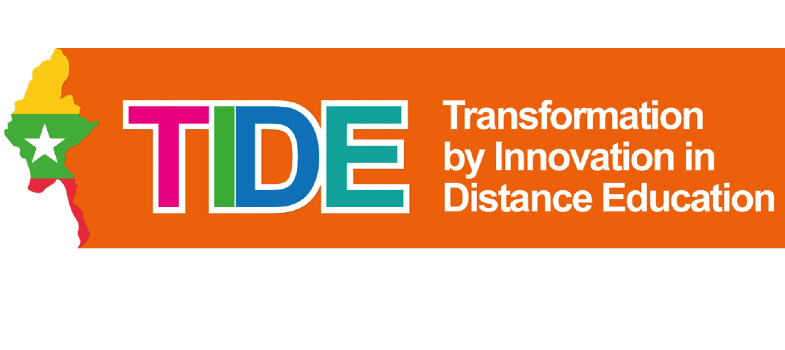2 Digital skills
The term ‘digital skills’ range from the basic use of a computer or computer software to more advanced technical and programming skills.
They include what everyone needs to be effective online, whether it’s searching efficiently, evaluating online information, communicating and sharing, or finding the right digital or online tools to help you do something.
These are skills that transfer across all areas of our lives. If you think back to the list you made in Activity 1, many of the things you listed will be part of your everyday or home life. These same activities and skills can help you to be more effective at work. In fact, many of the skills you’ve listed may appear in job descriptions. The ability to work online with members of staff in different locations, for example, could be an essential skill for a particular job. Digital skills are very important if you’re studying, and can help you with your research, collaborate with other students or write assignments.
Using your digital skills in different contexts and having the confidence to decide what is right for you is important. One of the aims of this course is to help you develop confidence and skills to be able to ask the right questions of who, and what, you come across online. In other words, to think critically.
Activity 2 Identifying skills
Reflecting on the skills you use in a digital environment will help you to gauge how confident you are about using them and identify which ones you would like to improve. Choose one of the environments listed below and think about what skills you might need to do things effectively online. Use the table in your reflective journal to note down your thoughts.
- at home – for example, knowing how to find things on the internet quickly
- at work – for example, being able to find information for reports quickly to meet deadlines
- if you’re studying – for example, being able to conduct research online.
Discussion
You will probably have made a list of skills that are relevant to your own experience. Table 2 provides a few suggestions.
| At home, I might need to know … | At work, I might need to know … | When I’m studying, I might need to know … |
|---|---|---|
| … where to look for information. | … where to find statistics and research that I can use to get my point across. | … where to find journal articles. |
| …how to communicate online to get my point across without upsetting anyone. | … how to communicate with colleagues, clients and customers online, including using social media. When writing online, I would need to know who my audience is and be able to adapt what I write for that audience. | … how to write online, especially blogs. |
| … what and who to trust online. | … where to find reliable up-to-date information, or know the best people to go to for this information. | … how to find trustworthy sources of information. |
| … how to find reliable information. | … where I can find resources – multimedia or industry information. This includes databases that would be useful in my area of expertise. | … where to find resources for my subject. |
| … where to go for specific information. | … how to use social media to keep up to date with information on my profession/industry. … how to make the best use of video conferencing. | … how to find experts in specific fields. |
| … how to stay safe online. | … how to use social media to keep up to date with information on my profession/industry, while maintaining my own privacy. | … how to use online platforms to collaborate with other students online, while maintaining my own privacy. |
| … how to develop and protect my digital identity. | … how to project a good impression online for clients, colleagues and employers. | … how to keep up to date with my subject. |
| … how to use social media to connect with friends and family. | … how to find tools and apps that would be useful for my job. | … how to keep up to date and communicate with others in my subject area using social media. |
| … where to go if I want to learn how to do something. | … how to find places to learn and develop the skills I have – including how to use software packages or online tools. | … where to go to fill the gaps in my knowledge in a subject. |
| … where I can find free resources – images, audio and video – that I can use without breaking the law. | …where I can find free resources that I can use to create more interesting marketing materials and reports. | … where I can find free resources – images, audio and video – that I can use legally for my studies, particularly within assignments and reports. |
You’ve now thought about the different activities that you engage in when you’re online. You may also have identified a few of the issues you have come across while doing this. And finally, you’ve thought about the skills you might need to make you more effective when you’re online.
In the next section, you will get a chance to reflect on how confident you are about different aspects of online activity and be directed to resources that will help you to develop your skills.
Information in a digital age
